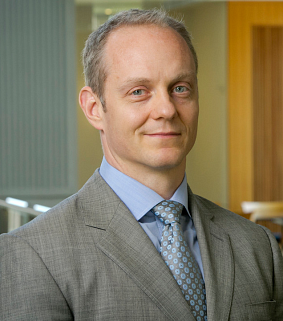Stay tuned for details on our next featured speaker
Previous Speakers
Note: Our invited speakers may approve or decline the option to livestream and/or record their presentations. Without the permission of our speakers, the Knight Campus is unable to post any available recordings to this page.
William Murphy
Harvey D. Spangler Professor of Biomedical Engineering and Professor of Orthopedics & Rehabilitation at the University of Wisconsin; Founding Director of the Forward BIO Institute,
"Mimicking Nature to Create New Technology"
In his lecture, Bill Murphy described how some of the materials commonly found in nature can inspire new technologies. Common materials like minerals and proteins have led to establishment of several start-up companies, with technologies that impact the biopharma industry and clinical medicine.
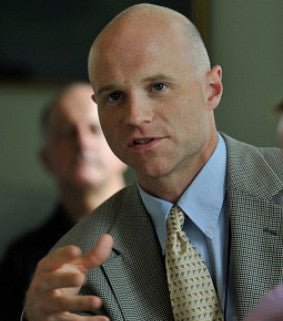
Jorge Cham
Best-selling and Emmy-nominated creator of PHD Comics
"The Power of Procrastination"
In his lecture, Jorge Cham recounted his experiences bringing humor into the lives of millions of stressed out academics and told stories from his travels to over 300 universities and research centers in the US and across the world.
This Knight Campus event was co-sponsored by both the College of Arts and Sciences, and the School of Journalism and Communication.
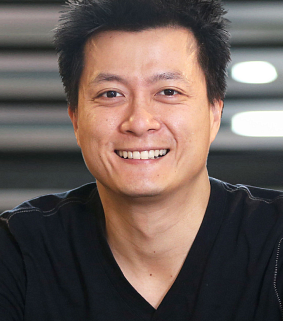
Chris and Fenella Raymond
Co-founders of Ripple Biosolutions
"A Tale of Two Startups"
The Raymonds shared their experiences with several different business startups from the somewhat unique perspective of being business as well as life partners.
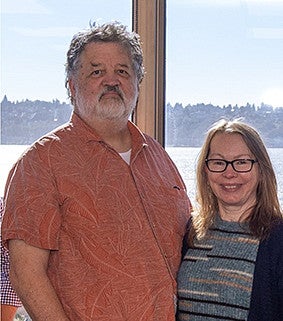
Janis Weeks
Professor Emerit of Biology, University of Oregon’s Institute of Neuroscience; Co-Founder/Chief Global Health Officer, InVivo Biosystems
"From Academic Neuroscience to Co-founding a Biotech Company, via Africa"
An expert in neuroplasticity and infectious and parasitic diseases, Weeks spoke about her journey from academia to biotech.
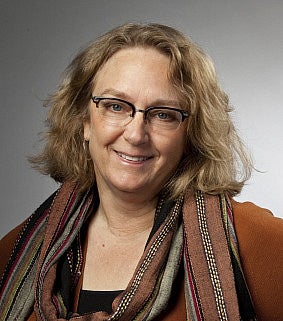
Suzanne Tabbaa
Principal Consultant, SymplexBio Consulting, LLC
"Why You Should Consider Being a Scientist and a Marketer ("The Dirty Word")"
Suzanne Tabbaa shared her unexpected career journey toward becoming an entrepreneur, discussed the importance of living in the commercial space, and offered lessons learned from working with F500-size companies to start-ups.
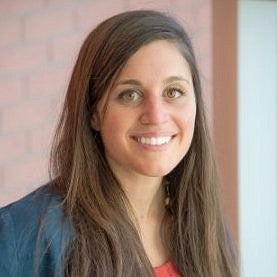
Andrés J. García
Georgia Institute of Technology
Executive Director, Parker H. Petit Institute for Bioengineering and Bioscience
Petit Director’s Chair in Bioengineering and Bioscience
Regents’ Professor, George W. Woodruff School of Mechanical Engineering
Michelle C. LaPlaca
Georgia Institute of Technology
Professor, Coulter Department of Biomedical Engineering
"The Many Paths Across the Valley of Death"
Professors García and LaPlaca shared their experiences in translation and commercialization through personal case studies of ventures that were successful as well as some unsuccessful ones. They also highlighted lessons learned.
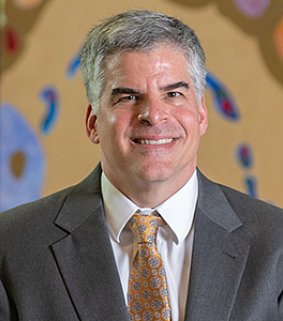
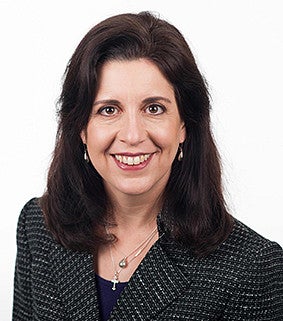
Arlyne Simon
Biomedical engineer, author and inventor
"Be Customer-Centric: How to Innovate in Academia and Industry"
Arlyne Simon discusses lessons learned in commercializing immunoassays and designing medical devices like hypodermic syringes and ultrasound machines. Interestingly, these lessons of customer-centricity also apply when sparking an inventor’s mindset in K-5 students through the Abby Invents STEM picture book series.
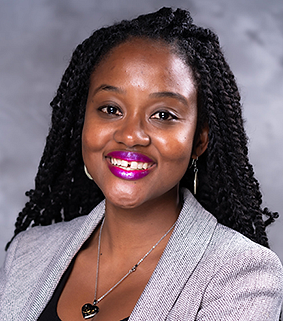
Chris Gibson
Co-Founder and CEO of Recursion
"The Serendipity of Failure: A Journey from Graduate Student to Biotech CEO"
Chris Gibson highlights the serendipity of science and failure, and the role each played in the journey he took from an MD/PhD student to CEO of a multibillion-dollar public biotech company in seven short years.
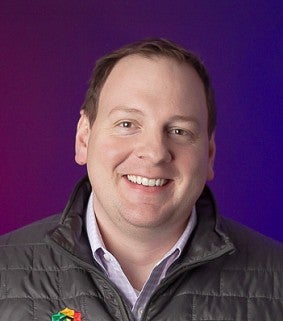
Carolyn Bertozzi
Anne T. and Robert M. Bass Professor of Chemistry at Stanford University
"Therapeutic Opportunities in Glycoscience"
Carolyn Bertozzi discussed how her research in glycoscience could lead to new therapeutic strategies.
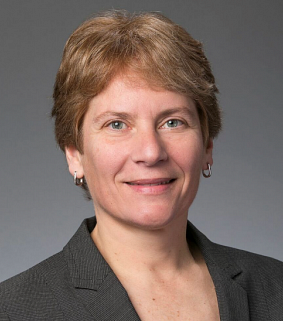
Samantha Zyontz
Fellow at the Center for Law and the Biosciences and Research Fellow of Intellectual Property at Stanford Law School
"Mapping the Worldwide Research, Innovation, and Diffusion Activity of CRISPR"
Samantha Zyontz discussed how CRISPR (Clustered Regularly Interspaced Short Palindromic Repeats) has profoundly influenced innovation in a range of applications around the world. Her analysis of CRISPR academic articles, patents, companies, and clinical trials highlights an explosion of innovative related activities since the technology’s introduction.
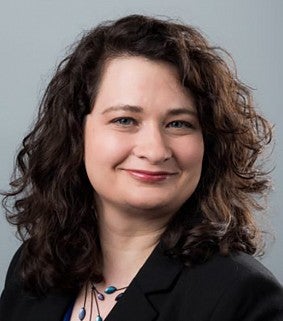
Michele Marcolongo
Drosdick Endowed Dean of the College of Engineering, Villanova University
"Start-Up Campus: How to Translate Your Scientific Discovery to a Successful Product"
Michele Marcolongo discussed the roadmap for translating technology to product launch, as well as how to execute the necessary steps to create and launch a start-up company. In addition to her extensive work in academia, Dr. Marcolongo is a successful entrepreneur who has co-founded three biomedical technology startup companies and is a co-holder of 15 patents/patent applications.
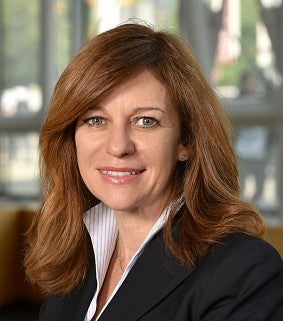
Jennifer Elisseeff
Director and Professor of the Translational Tissue Engineering Center, Johns Hopkins Department of Biomedical Engineering
"Regenerative Immunology – the Role of Technology Translation in Guiding Discovery"
Jennifer Elisseeff discussed regenerative immunology and the role of technology translation in guiding discoveries. She is currently working to understand the role of the immune system and cellular senescence in the biomaterial response and repair across different tissues. This new therapeutic target serves as the basis for the design of regenerative immunotherapies.
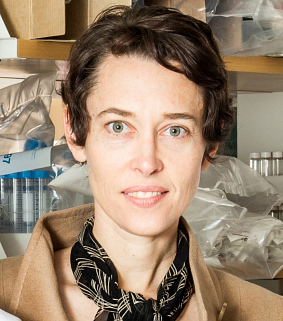
Kate Rosenbluth
Founder and Chief Scientific Officer, Cala Health
“What if Electricity Were a Medicine? An Entrepreneur’s Journey from Scientific Discovery to Category Creation”
Kate Rosenbluth shared the story of founding and building a growth startup from spin-out through product launch. She spun Cala Health out from Stanford on a scientific moonshot to deliver a new class of bioelectronic therapies that use wearable devices to deliver non-invasive neuromodulation for major chronic diseases.
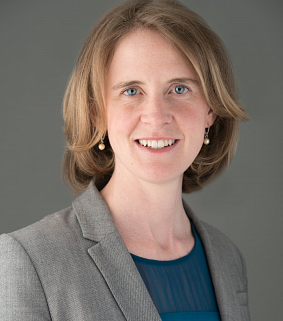
Ken Gall
Chair and Professor of Mechanical Engineering and Materials Science, Duke University.
“Translation of New Materials into Medical Implants”
Ken Gall discussed the translation of a diverse set of new material technologies into medical implants. In all the applications, the implementation of the new materials was accelerated by basic research leading to a new fundamental understanding of the relationship between processing, structure, and mechanical properties of the constituent materials.
